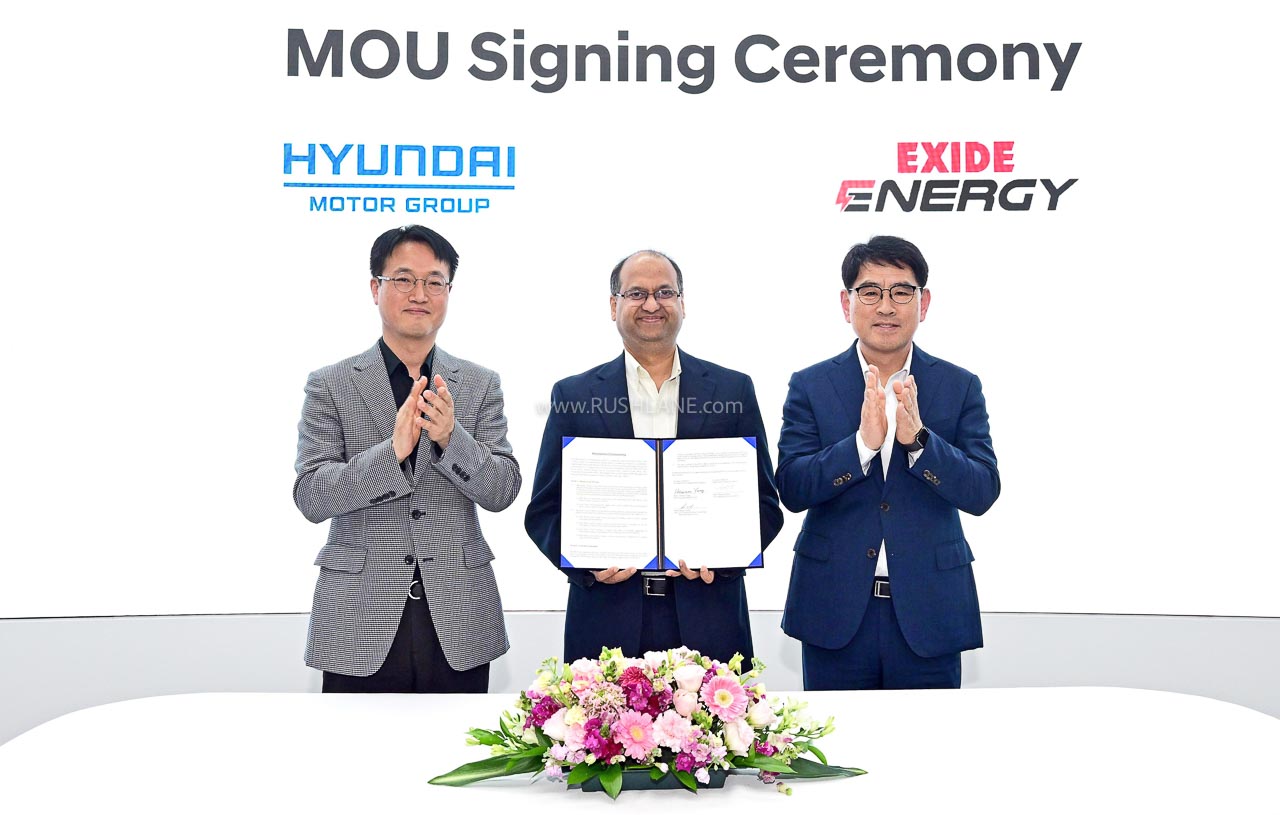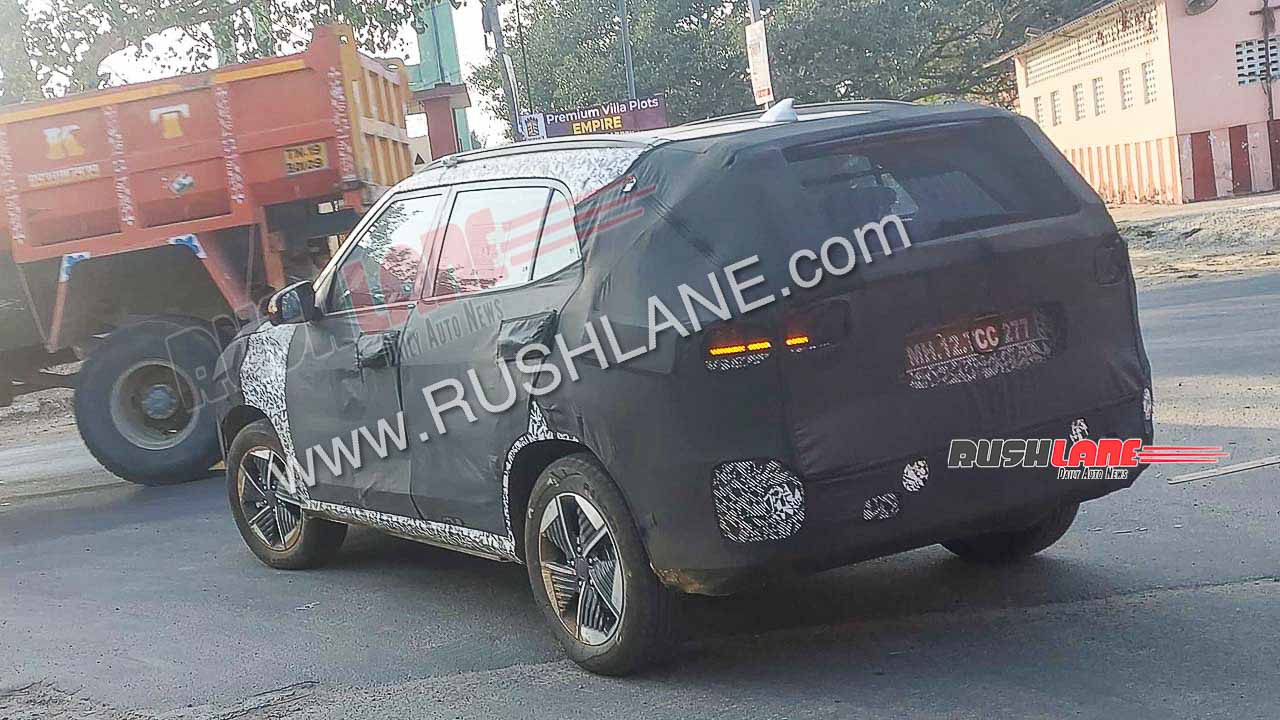
Hyundai and Kia have announced special emphasis on lithium-iron-phosphate cells as part of their EV expansion plans in India
South Korean automakers – Hyundai Motor Company along with Kia Corporation have revealed an alliance with battery maker Exide Energy Solutions Ltd for development of electric vehicle battery localization in India. A memorandum of Understanding (MoU) to this effect was signed today, on Monday announcing this partnership focusing on localization of lithium-iron-phosphate (LFP) cells for electric vehicle expansion in the Indian markets.
The MoU was signed at the Hyundai Motor Group’s Namyang Research and Development Center in South Korea. Dignitaries present were attended Heui Won Yang, President and Head of Hyundai Motor and Kia’s R&D Division, Chang Hwan Kim, Head of Electrification Energy Solutions Tech Unit, Duk Gyo Jeong, Head of Electric Vehicle Parts Purchasing Sub-Division and Dr. Mandar V Deo, Managing Director, and CEO of Exide Energy.
EV Battery Localization in India
Thanks to favourable policies by the Government, India is a key market for electrification of vehicles. To keep prices competitive, localization of battery production is vital and it is for this purpose that Hyundai Motor and Kia have entered into this alliance with Exide Energy Solutions Ltd.
In the electric vehicle space, Hyundai Motors currently has the Ioniq 5 and Kona while Kia sells the EV6 in India. Ready to embark on even more ambitious plans for the new year, this new partnership is a strategic move with Kolkata-based Exide Industries Ltd being a leader in lead acid battery supplies with over 75 years of experience and market leadership.

On the other hand, Exide Energy Solutions Ltd. is a wholly owned subsidiary company of Exide Industries was established in 2022 with special emphasis on Lithium-Ion cell, modules and packs incorporating a portfolio of multiple chemistries and form factors. As a part of this alliance, all current and future electric models from both Hyundai and Kia will have the advantage of locally produced lead acid batteries allowing for greater advantage both in terms of availability and cost competitiveness.
Hyundai and Kia EV Plans for the Future
Hyundai Motor and Kia are at the helm of the electric vehicle segment in India and even as they have limited offerings in this segment as on date, the two automakers have ambitious plans for the future. Hyundai Motors plans to invest around 3.25 trillion won ($2.40 billion) for 10 years starting from 2023, with plans to launch a total of six EV models by 2028 and also set up charging stations, in what is seen as the world’s third largest automobile market. The new Creta EV was spied on test with India launch sometime in 2025.
Kia also has similar plans. Later this year itself, Kia is expected to introduce a three-row electric SUV – Kia EV9 in India . It will be based on an Electric Global Modular Platform (E-GMP), slated to off a range of up to 450 kms on single charge. Post that, Kia is likely to launch a compact EV SUV sometime next year. Seltos EV is also expected.

